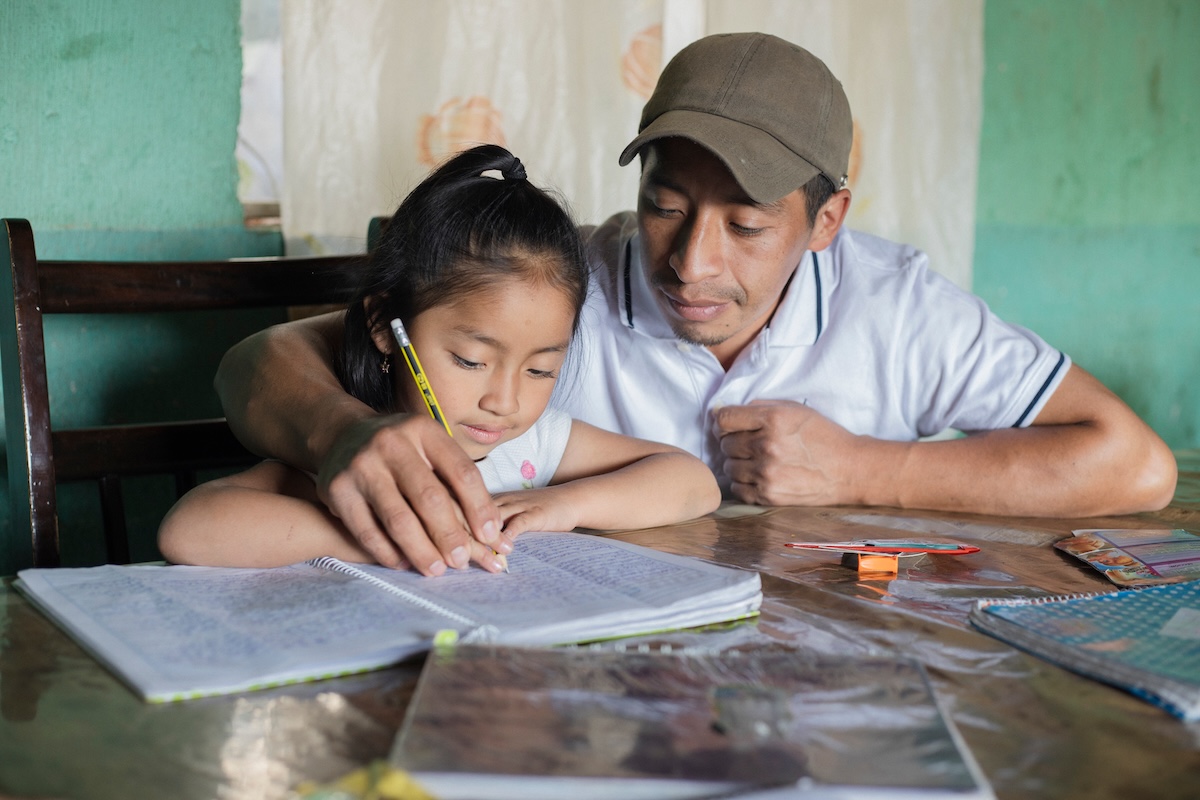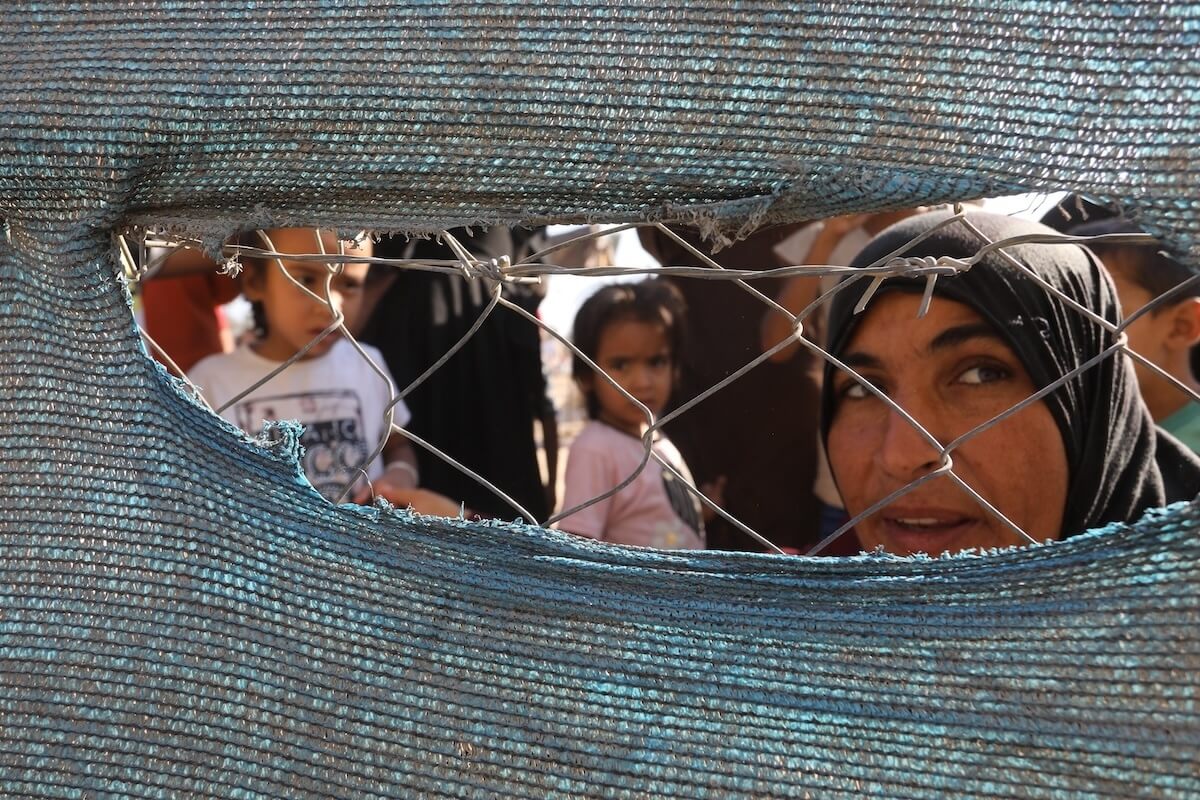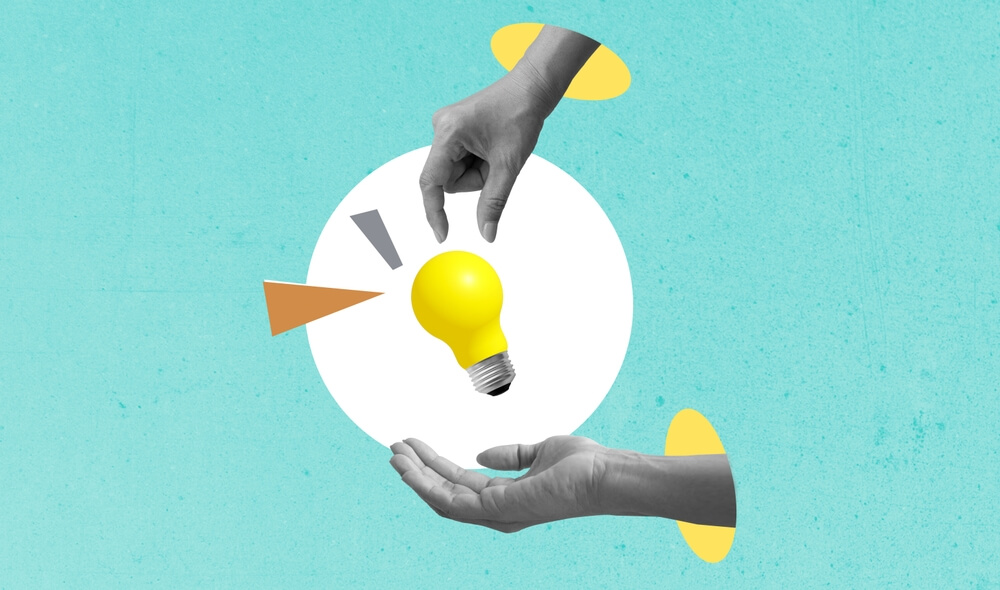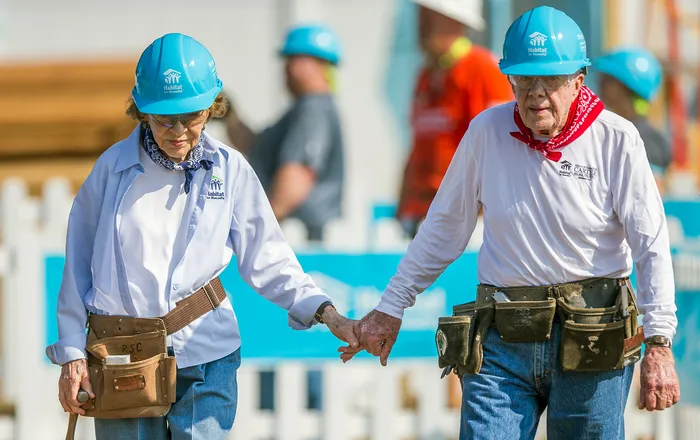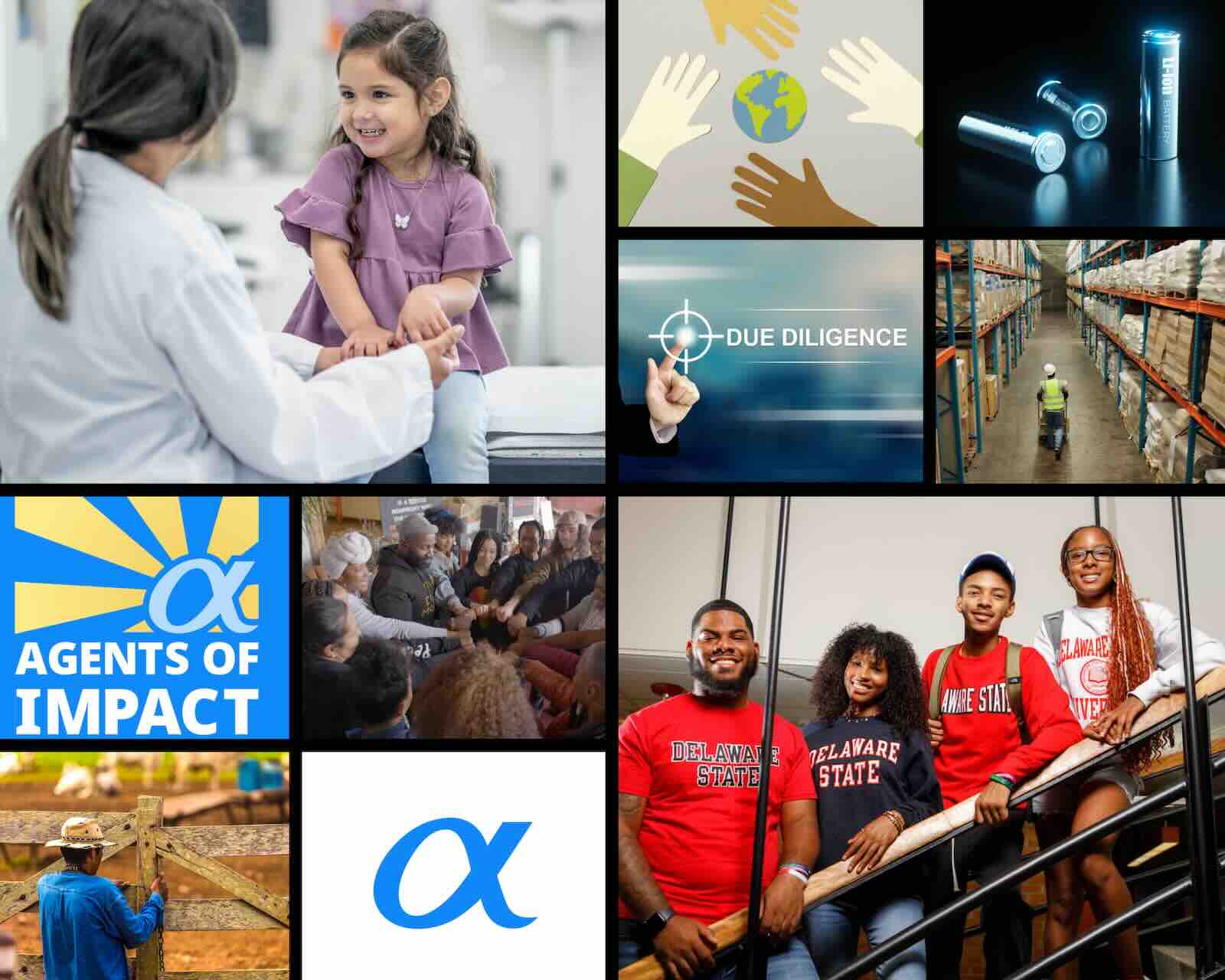Imagine if we could inspire all kinds of people – including those who have been left feeling voiceless and powerless – to join together to give everyone the opportunity to achieve well-being and thrive.
That’s what we were thinking when our two organizations, The Rippel Foundation and TheCaseMade, brought together leaders from across the country earlier this year to help them see their shared stake in building healthier communities, and find others doing the same.
We started by holding virtual listening sessions with dozens of experts in our business, democratic, and health care systems. Those are the people addressing the top issues Americans of all stripes are losing sleep over this election year: inflation, health care costs, and partisanship. These issues are also deeply connected to the conditions people and communities need to thrive and the interests that influenced people’s votes this year.
What we learned is even more important in the wake of a contentious election that threatens to divide Americans and set back progress. Here’s what our listening sessions suggested — and why social impact investors should care.
To make smart investments in our future, we’ve got to invest in expanding the vital conditions for health and well-being, like basic health and safety, humane housing, meaningful work and wealth, a thriving natural environment, and other interventions. So much of our resources go to downstream solutions that help people survive hardships. Such social support is important, but we’ve got to put our abundant resources toward creating the conditions that will enable us to thrive.
Our participants were confident that solutions to our country’s thorniest problems — the ones that most prevent people from having opportunities to thrive and achieve well-being — exist. And they believe these solutions can be scaled relatively quickly.
Those solutions might include universal basic income, baby bonds and other ways of reducing poverty; cooperatives, citizen assemblies and other approaches to shared governance; reparations; living wages for health care and other workers; and ways of expanding access to our multiracial democracy, such as local clinics helping patients register to vote and connecting them to organizations that will advocate for their needs.
We also heard that we need more people to get engaged and behind bold commitments and policies—otherwise, we’ll never be able to implement and sustain solutions that benefit all. With the election now behind us, we see an opportunity to appeal to people’s shared aspirations as a way to bridge differences and build common cause.
Two core practices can help: strategic casemaking, which helps build public support for transformative ideas, and shared stewardship, which taps into the changemakers in our communities to build equitable systems.
Changemakers can deploy these practices, joining forces and connecting with all kinds of people, reminding them of their immense power, and energizing a groundswell of support and the bravery to do things differently to expand the vital conditions and create communities where we can all thrive.
If we invest in these practices now, particularly in underserved communities with the most to gain, we’ll be able to put solutions in place faster and get to the better, more thriving future we all want within a generation. But if we continue as is, with piecemeal efforts and short-term fixes, we’ll never get enough momentum for widespread, equitable change.
Making the case
Many in the philanthropic and social sectors have embraced the power of narrative change, using messaging research and other tools to shift the conversation about everything from education to housing and homelessness to poverty.
Strategic casemaking includes narrative change—and much more. This set of principles and practices taps decades of social science about how people think to identify ways to get more people up off the sidelines and equip them with tools for large-scale, systemic change.
Strategic casemaking turns traditional outreach and communication on its head. It encourages changemakers to tap into people’s aspirations and hopes for the future. Then, understanding the deep-seated human aversion to loss, casemakers communicate what we’ll lose if we don’t embrace change. Casemaking villainizes inequitable systems, rather than individuals. It builds collective responsibility for the change that will benefit us all.
Instead of pointing out crisis after crisis and focusing attention on negative statistics, as much traditional outreach does, we tell people why our work matters and listen to what they want to see happen in their lives and communities. This method of building consensus avoids common pitfalls that lead people to believe their problems can’t be solved.
One place we’ve seen strategic casemaking succeed is Massachusetts, where Citizens’ Housing and Planning Association, known as CHAPA, is working alongside other groups to add 200,000 badly needed affordable homes across the state by the end of the decade. After their research showed that their crisis-laden engagement approach wasn’t generating new support, they flipped the script.
CHAPA focused instead on the aspirations of Bay State residents—to live in thriving communities that families, elders, teachers, health care workers, and others could afford—and the housing solutions that will help achieve that future, including transit-oriented development and multifamily zoning. Towns and villages across the state have been voting this year on whether to allow new housing development under the state’s MBTA Communities law, and dozens so far have said yes.
Joining with fellow stewards
Often, people and organizations working to advance social justice and equitable well-being are stymied by traditional definitions of leadership, which emphasize advancing narrow interests, and even narrower power structures. Real change requires cultivating and strategically investing in relationships. That is the work of shared stewardship.
Stewards are people and organizations who work together to create the conditions that everyone needs to thrive. They know that justice makes us all stronger. Stewards don’t want to “succeed” merely by increasing the impact and influence of their own organization or issue. They push back against our culture’s competitiveness and false notions of scarcity in the richest country in the world.
Stewards look for common interests, mutual benefits, and opportunities to connect across boundaries and differences. Instead of tinkering around the edges of unjust and dysfunctional systems, they join with others to transform systems.
One example of shared stewardship in action is Healthy Communities Delaware (HCD), a public-private collaboration jointly managed by the Delaware Division of Public Health, Delaware Community Foundation, and the University of Delaware Partnership for Healthy Communities. HCD brings together a multi-sector network of stewards working toward an equitable future for all Delawareans.
Since 2020, they have invested more than $7 million in community-based organizations to envision, design, and realize community revitalization projects that advance the conditions for health and well-being, like basic health and safety, humane housing, meaningful work and wealth and a thriving natural world.
Playbook for action
Together, Strategic casemaking and stewardship practices can help people put lasting solutions in place. Our organizations have developed tools so more people can gain casemaking and stewardship skills—including a playbook that outlines both approaches and their practical application.
In May, we brought together 90 stewards in Atlanta to learn more about these approaches and spark ideas about what more we all need to make progress. Participants affirmed the power of stewardship and casemaking and the validation that comes from realizing they are not alone in their efforts to build thriving communities. They took joy in finding others who are committed to working on the hard stuff—and they expressed the need to bring casemaking and stewardship to advocates in their communities.
These two powerful approaches to changemaking are the building blocks of a movement to thrive together that is gaining traction throughout the nation. They are skills that can be applied to all kinds of justice-oriented goals. More investment in these approaches could have a transformative impact: communities can learn and practice these skills, apply them to their theories of change, and implement them as part of cross-sector projects that boost health and well-being, economic equity, and multiracial democracy.
The United States has the abundant resources, human talent, and potential to solve the problems that ail us and build thriving communities. Now is the time to apply those resources toward building the will and momentum to make it happen.
_________________________________________________________________________________
Becky Payne is president and CEO of The Rippel Foundation. Tiffany Manuel is president and CEO of TheCaseMade.






